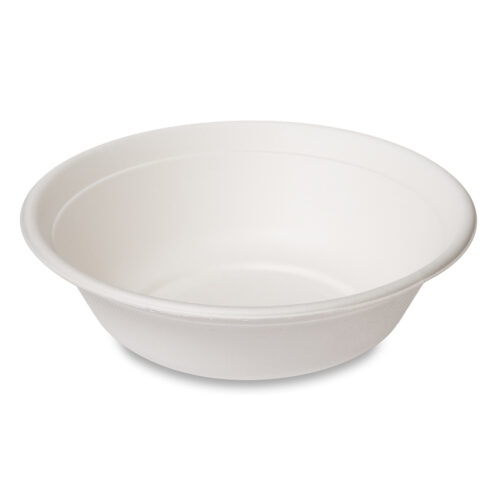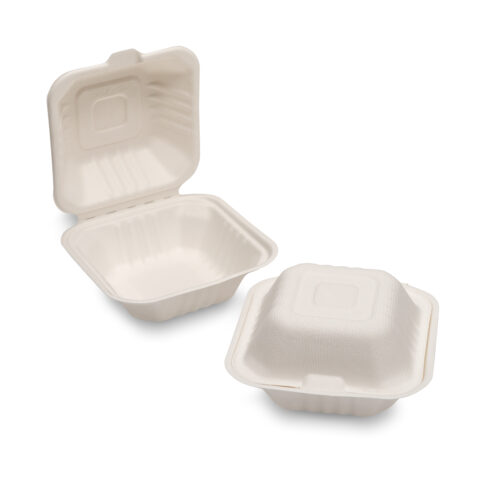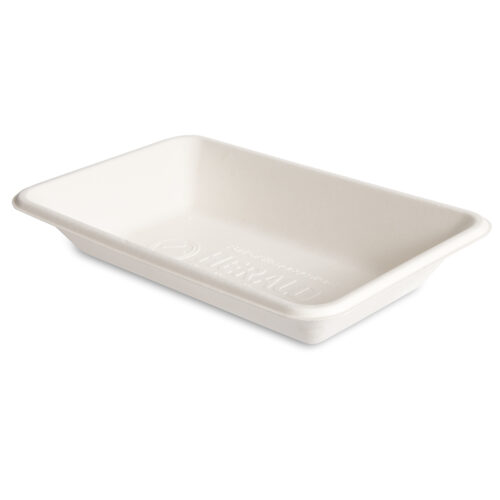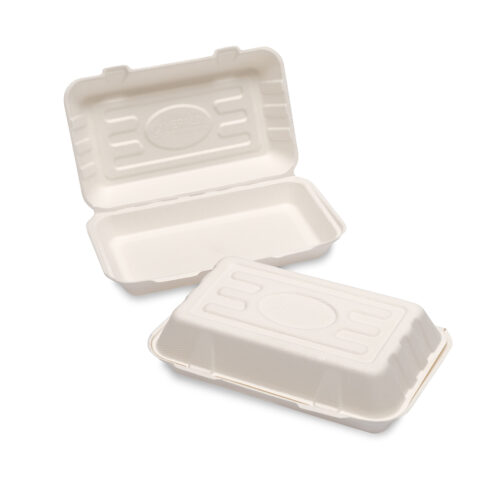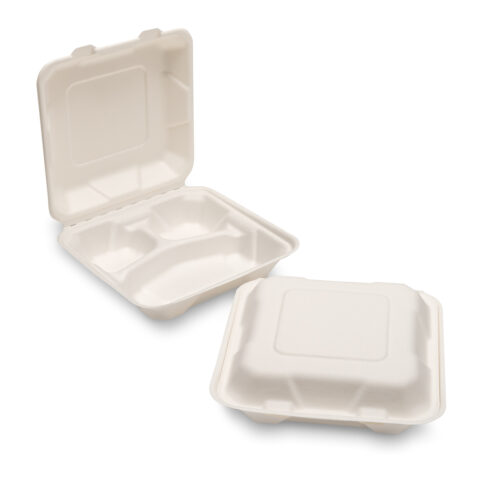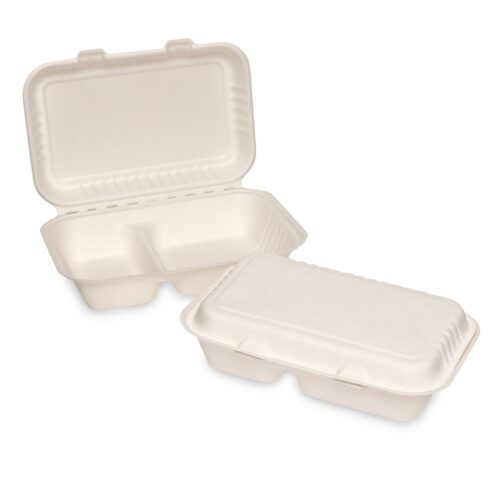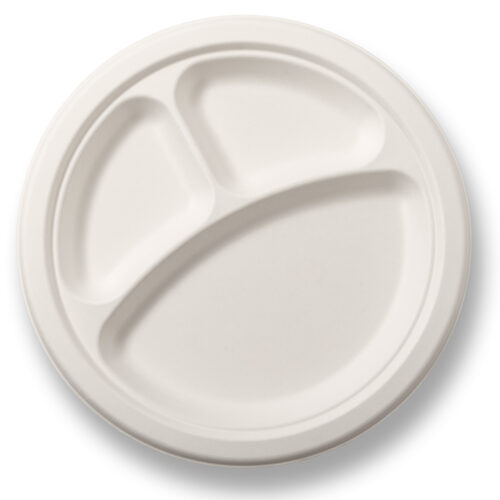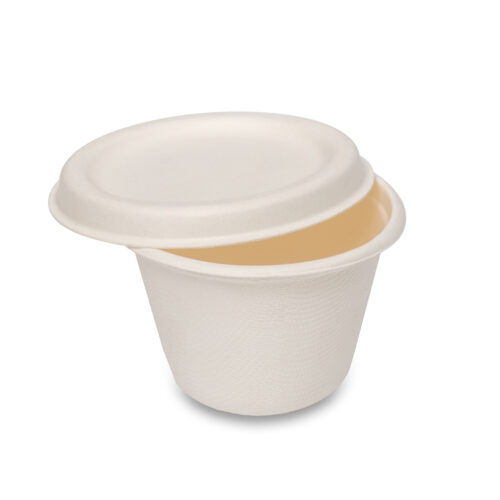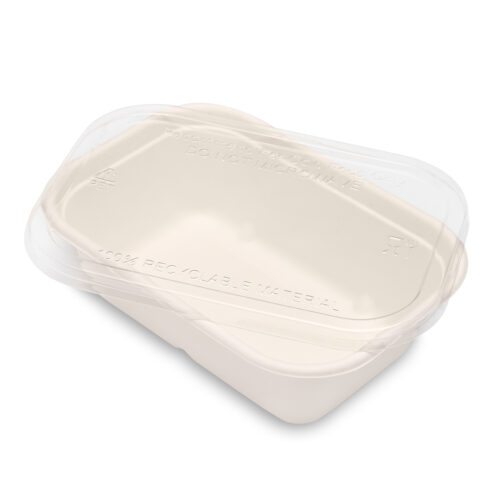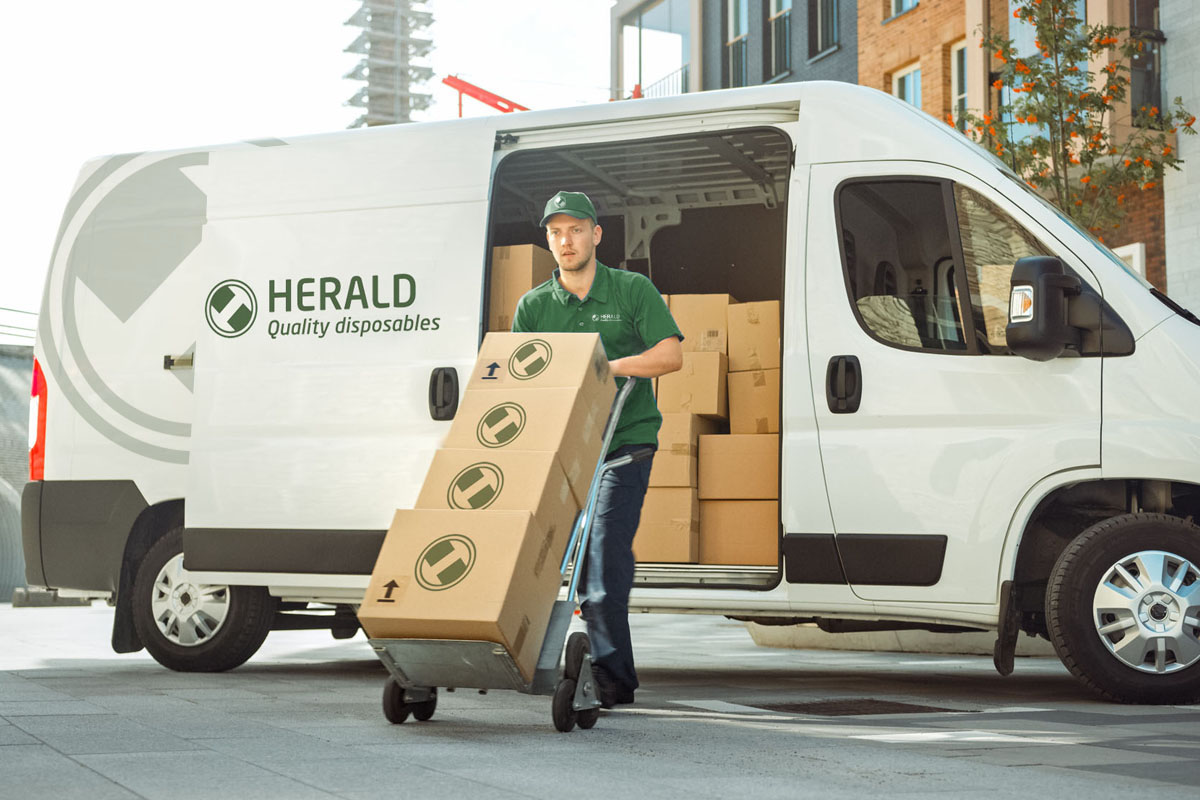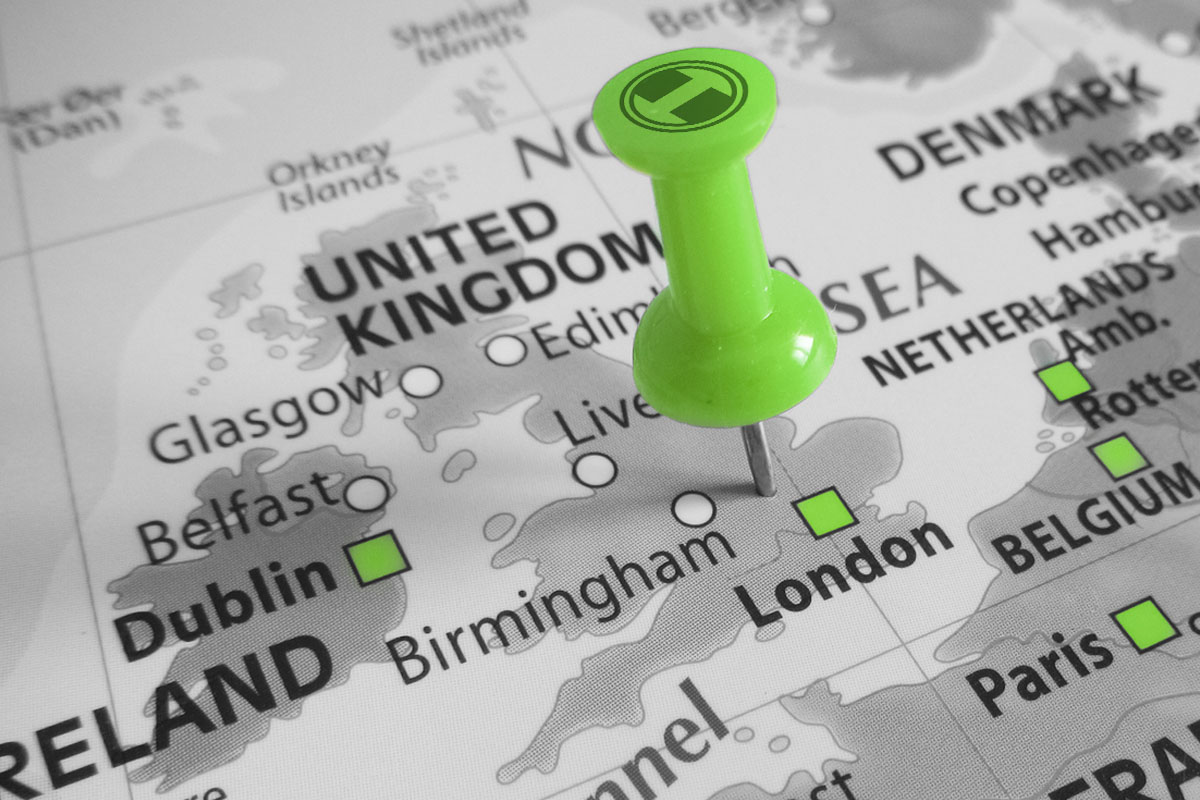Bagasse is the fibrous residue left after extracting juice from sugarcane. It is commonly used as a renewable resource in producing paper, packaging materials, and disposable tableware.
Bagasse Products
Bagasse is a byproduct of sugarcane processing and is increasingly being used to produce eco-friendly products.
Since its launch, Herald Quality Disposables Natural Leaf bagasse range has led our compostable product selection, providing an alternative for those looking for a sturdy, greener option. Including a full choice of plates, bowls, hot boxes, chip trays, burger boxes, noodle boxes and other lunch boxes, the bagasse range is popular for its ability to insulate and protect food as well as for its renewable resource merits.
Some of the questions we get asked the most
Bagasse products are biodegradable, compostable, and environmentally friendly. They help reduce reliance on plastic and Styrofoam, lower greenhouse gas emissions, and make use of agricultural waste.
Bagasse is collected, cleaned, and processed into a pulp. This pulp is then molded into various shapes and dried to form sturdy, lightweight products like plates, bowls, and food containers.
Yes, bagasse products are safe for food use. They are heat-resistant, microwavable, and free from harmful chemicals, making them suitable for serving hot and cold foods.
Bagasse products typically decompose within 60 to 90 days under commercial composting conditions, much faster than conventional plastics.
Yes, bagasse products are heat-resistant and can withstand temperatures up to 200 degrees Fahrenheit. They are suitable for both hot and cold foods and beverages.
Initially, bagasse products might be slightly more expensive than traditional plastic or Styrofoam disposables. However, as demand and production scale increase, the cost difference is expected to decrease.
Bagasse products are available in many grocery stores, online marketplaces, and through specialty eco-friendly product suppliers.
Bagasse products are comparable in terms of sustainability and functionality. They are often more cost-effective than bamboo and palm leaf products and provide a good balance of strength and usability.
Producing bagasse products has a lower environmental impact compared to plastics. It utilizes agricultural waste, reduces landfill use, and requires less energy and water during manufacturing.

